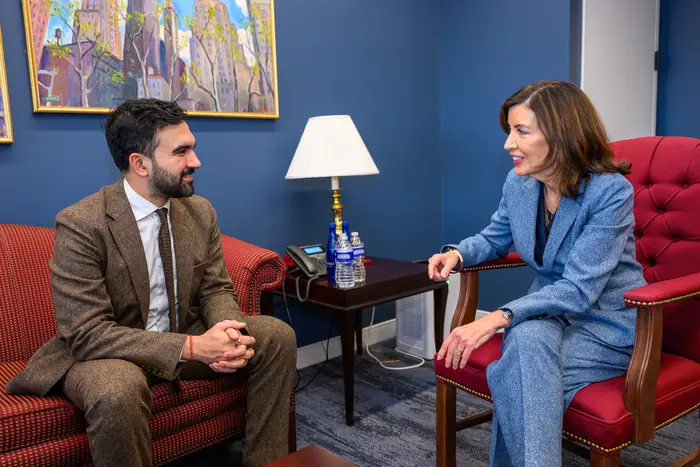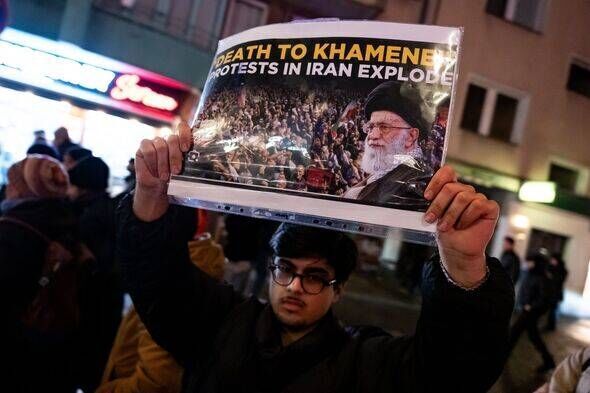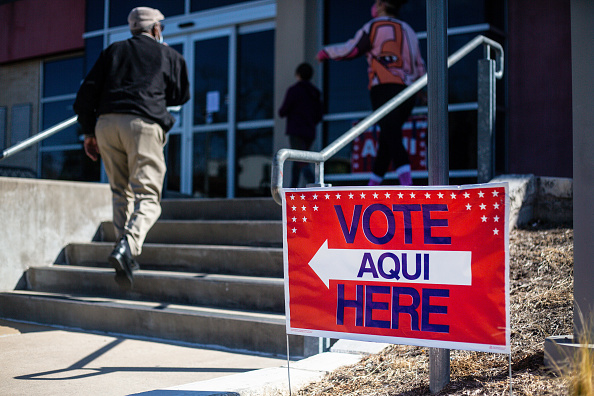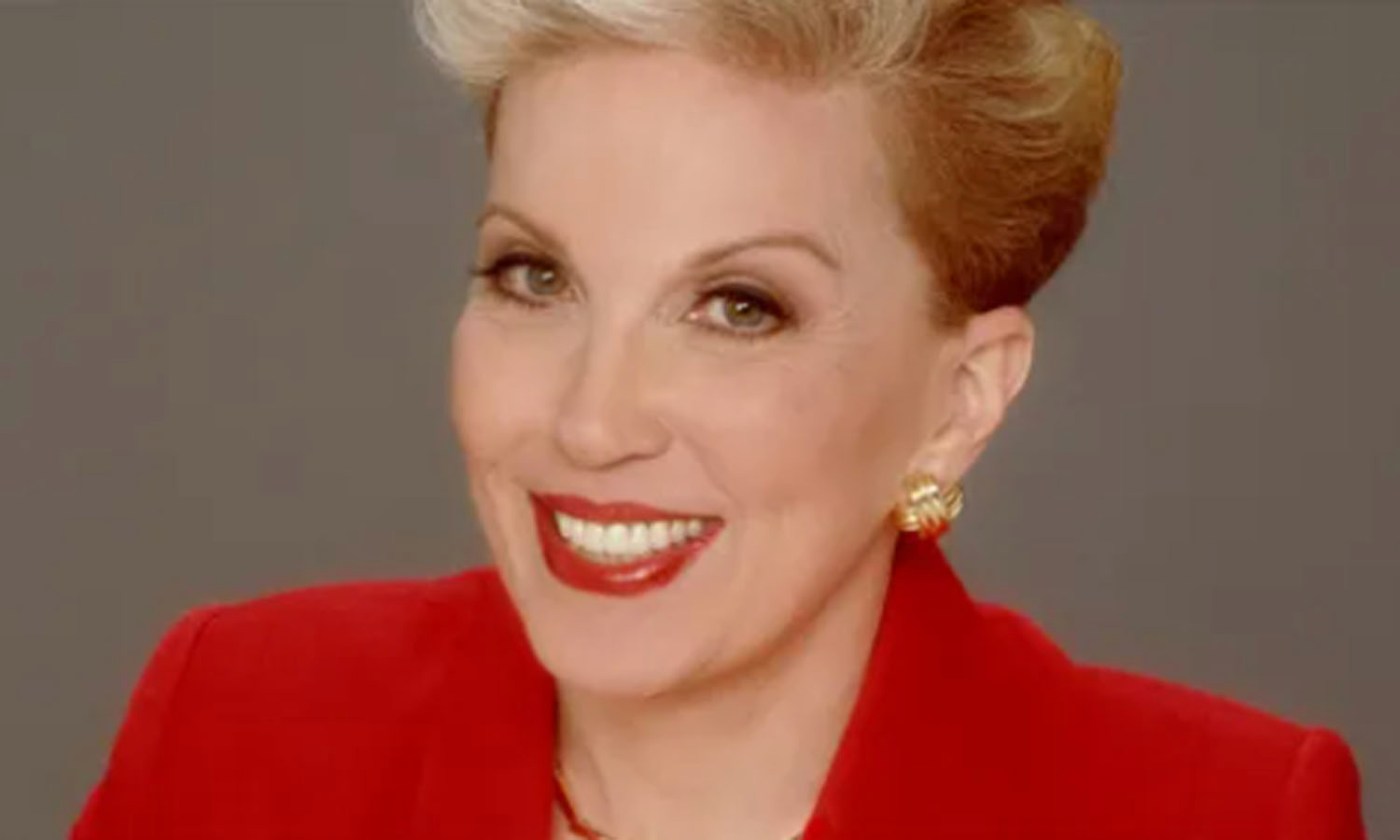UPDATE: Zohran Mamdani is set to take office as New York City’s mayor, but immediate challenges loom as he strives to implement his ambitious agenda. Just days after winning the election, Mamdani faces the critical task of securing funding and support from Albany to fulfill promises made during his campaign.
Mamdani’s victory marks a significant moment for the Queens Democrat, who made headlines in 2021 by sleeping on the cold floor of the New York State Capitol in protest for tenant protections during the pandemic. Now, he must navigate a complex political landscape to secure $10 billion in funding from the state—a challenge that will require adept negotiation with Governor Kathy Hochul and legislative leaders.
His agenda includes plans for universal child care and fare-free buses, but Mamdani’s opponents are questioning his relatively thin legislative record and lack of executive experience. Assemblymember Amanda Septimo, a close ally, expressed confidence that Mamdani will effectively build consensus in Albany. “I don’t think he will ever mean sort of sitting on his hands and being quiet,” she stated.
Mamdani, a 29-year-old democratic socialist who won a seat in the Assembly in 2020, has ambitious goals that hinge on securing $5 billion from a proposed corporate tax increase and $4 billion from taxing high earners in NYC. However, both initiatives require state approval, which has historically been a contentious issue.
Mamdani has indicated he expects a more cooperative relationship with Hochul than previous mayors had with former Governor Andrew Cuomo. “We can have a relationship that’s built on understanding that we both have the same constituents,” he said in a recent interview.
Despite receiving endorsements from Hochul, Assembly Speaker Carl Heastie, and Senate Majority Leader Andrea Stewart-Cousins, significant hurdles remain. Hochul has consistently opposed increases to the state income tax, potentially jeopardizing 40% of Mamdani’s revenue plan. Additionally, she has shown reluctance toward fare-free bus initiatives, complicating Mamdani’s proposed reforms.
Mamdani’s strategic hires indicate he is focused on navigating Albany’s political landscape. He recently appointed Dean Fuleihan, a veteran of state politics and former budget director for Mayor Bill de Blasio, as his first deputy mayor. Fuleihan believes securing funding for universal child care may be more feasible than previous efforts to implement universal pre-K, which faced significant pushback from Cuomo.
In a significant meeting last week, Mamdani and Hochul discussed child care plans and strategies to manage challenges posed by the federal government under President Donald Trump. However, Hochul has cautioned Mamdani’s supporters, reminding them that public pressure could backfire in their negotiations.
Supporters pushing for a wealth tax remain undeterred, emphasizing the need for systemic change. “We are going to do what is necessary,” said Marina Marcou-O’Malley, co-executive director of the Alliance for Quality Education, a coalition advocating for the wealth tax.
As Mamdani prepares to transition into the mayor’s office, he has yet to announce his Albany team, an essential component for influencing state legislature decisions. Allies like Michael Gianaris, the state Senate Deputy Majority Leader, have pledged to support him from their current positions, facilitating collaboration to advance Mamdani’s agenda.
The coming weeks will be critical for Mamdani as he seeks to solidify his plans for New York City. With the state legislature in session from January to June, Mamdani’s ability to secure funding and cooperation from Albany will be crucial. As he embarks on this new chapter, all eyes will be on his capacity to navigate the complexities of city and state politics to deliver on his promises.
Stay tuned for updates on Mamdani’s strategies and initiatives as he assumes office in the coming weeks.







